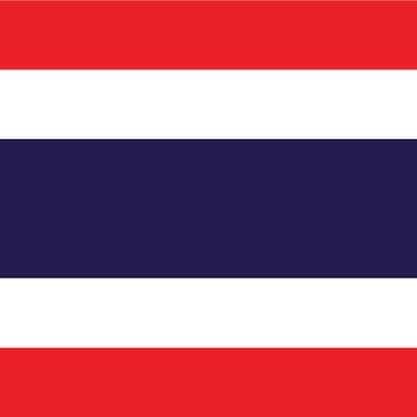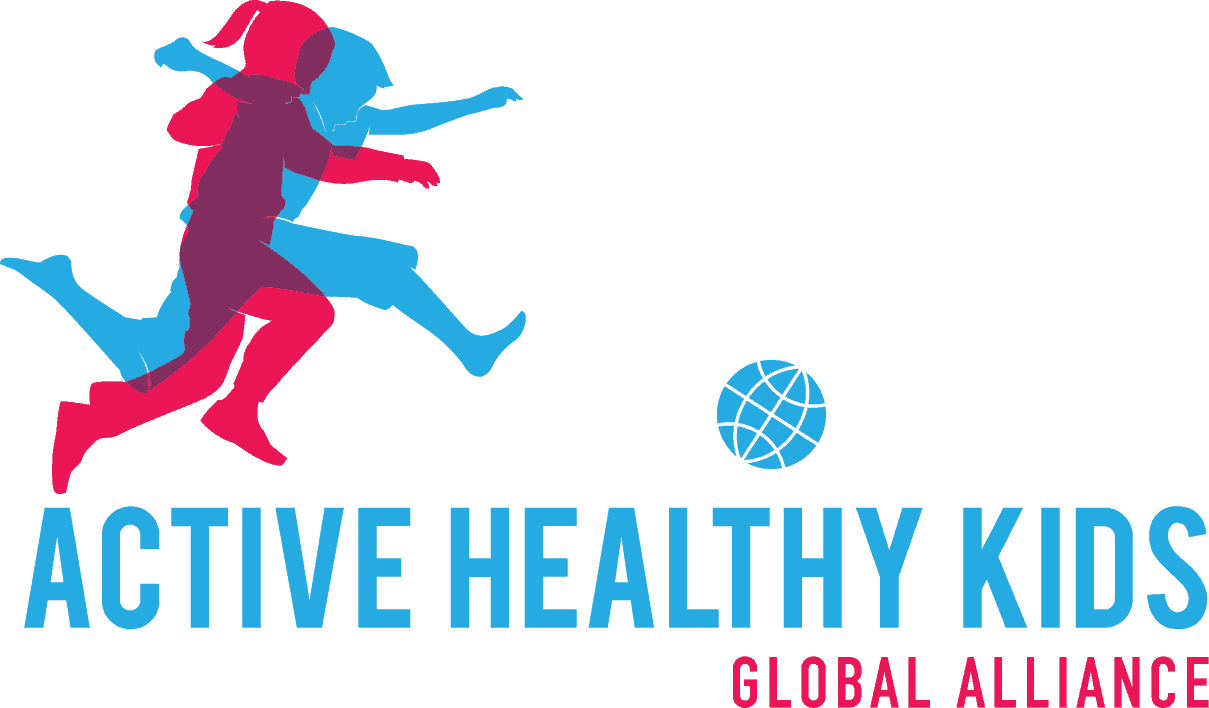
28 Apr Thailand Publishes an Article Based on Their Report Card Survey
Thailand’s Report Card team has recently published an article titled “Learning Methods During School Closure and Its Correlation With Anxiety and Health Behavior of Thai Students” in Frontiers in Pediatrics. The paper is based on the report card survey. The authors analyzed several common Global Matrix indicators such as overall Physical Activity, Sedentary Behaviours, Active Play, and Sleep and how students’ anxiety may affect their behavioral outcomes. Citation details and a summary of the paper are below. Congratulations, Team Thailand!
Citation
Widyastari, D. A., Kesaro, S., Rasri, N., Saonuam, P., & Katewongsa, P. (2022). Learning Methods During School Closure and Its Correlation With Anxiety and Health Behavior of Thai Students. Frontiers in pediatrics, 10, 815148. https://doi.org/10.3389/fped.2022.815148
Abstract
Background: The sequential waves of epidemic spread of COVID-19 in Thailand have caused periodic closures of schools, and exposed students to different learning methods that require multiple adjustment strategies. This study aimed to examine how different learning methods may correlate with anxiety and health behavior (e.g., physical activity, active play, screen time, sleep) of primary and secondary school students in Thailand.
Methods: Thailand Report Card (TRC) Data (2021) was employed. The sample of the TRC was drawn by multi-stages random sampling stratified by region, district, urban/rural, school size, sex, and age to ensure national representativeness. A total of 6,078 Thai primary (64%) and secondary (36%) school students were included in the analysis.
Results: About two-thirds (66.4%) of the sample experienced a shift from traditional classroom to fully online learning, 6.9% experienced partial online instruction, 23.6% received handouts or written assignments, and 3.1% resumed traditional classroom learning. Compared to fully online learning, students who experienced traditional classroom (onsite) teaching were 37.8% less likely to report moderate-to severe anxiety (OR 0.6; p-value 0.021). There was no significant correlation between school closure-induced anxiety with overall physical activity (PA) and active play, but anxiety was significantly associated with screen time and sleep duration. Receiving handouts/written assignments only as the learning method was significantly correlated with PA, but two methods (handouts and onsite/traditional classroom) was significantly correlated with active play. Students who experienced classroom learning were also more likely to comply with recommended durations of screen time and sleep.
Conclusion: Although online learning was probably the most convenient choice during COVID-19 containment measures in Thailand, this method did not provide sufficient opportunity for PA and play. Online learning also encouraged an excessive use of screen media, and disrupted sleeping patterns. Online learning also pressured Thai students to make various adjustments in their daily routines that may have further aggravated anxiety.
Click here to read the full paper.


